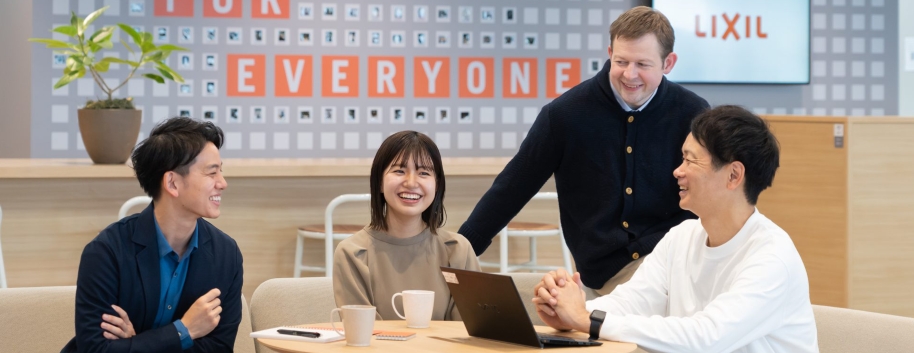Lixil's Impact
LIXIL’s purpose is to make better homes a reality for everyone, everywhere.
We do this through actions and innovations designed to create positive impact in the world, today and tomorrow.
LIXIL’s purpose is to make better homes a reality for everyone, everywhere.
We do this through actions and innovations designed to create positive impact in the world, today and tomorrow.
Sanitation and Hygiene for All
Cumulative shipments of SATO products:
7.5million
Countries where SATO is available:
45+
People whose lives have been improved:
45million
Zero Carbon and Circular Living
CO2 emissions from
Scope 1 and 2
(compared to FYE2019)
Reduced by
29.9%
Renewable energy ratio
25.0%
Water use efficiency at
our business sites
Improved by
16.0%
Waste recycling rate
(across company)
88.1%
Inclusive for All
Ratio of female directors and executive officers
31.3%
Ratio of female managers
17.5%
Introducing our initiatives for generating positive impact in pursuit of our purpose to "Make better homes a reality for everyone, everywhere."

To establish a foundation for our Impact Strategy, we address these material issues and promote ethical and responsible business activities.
